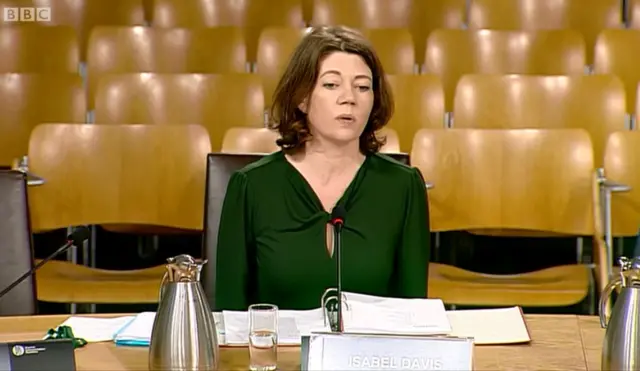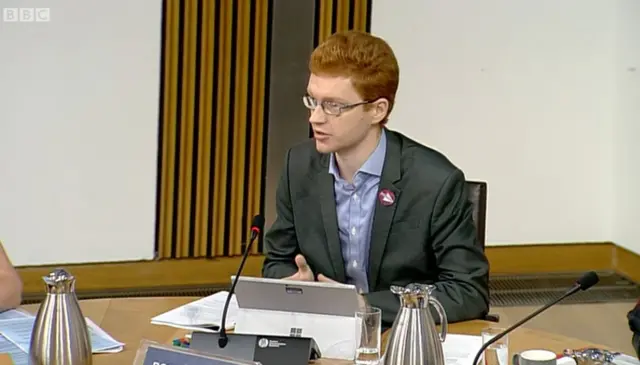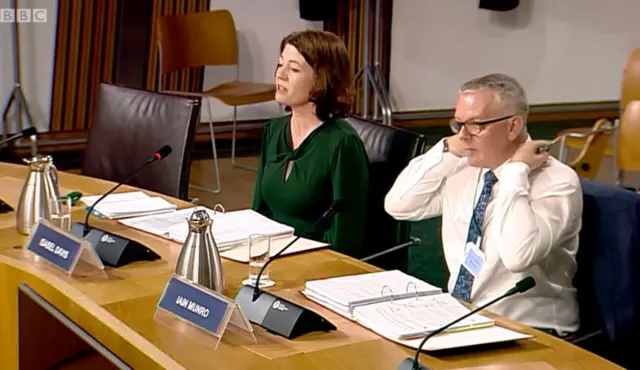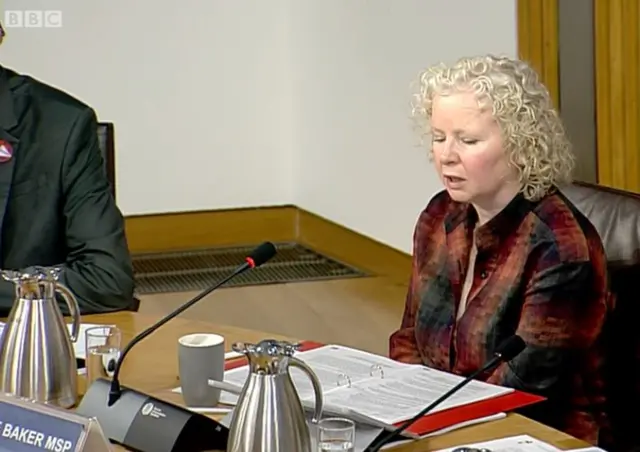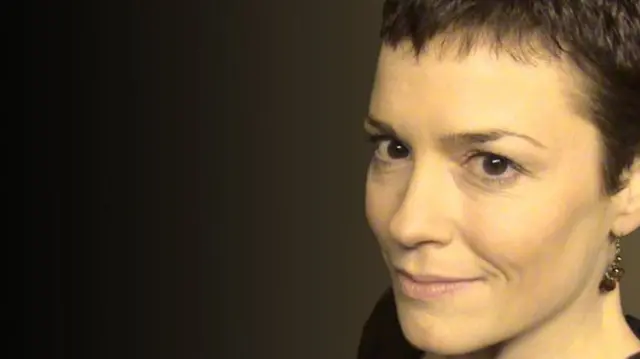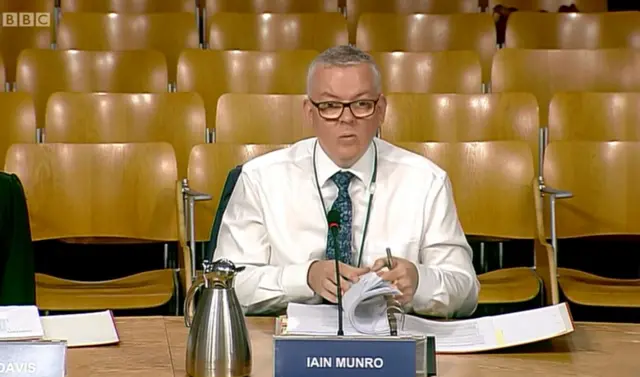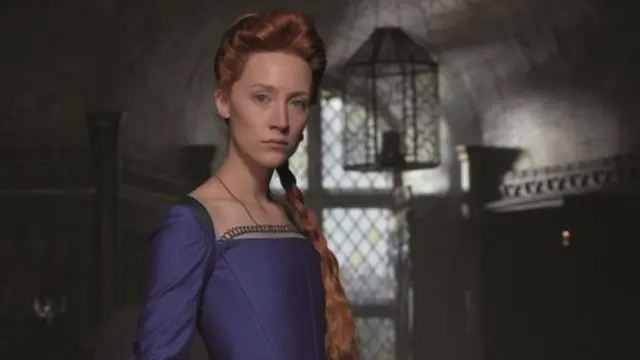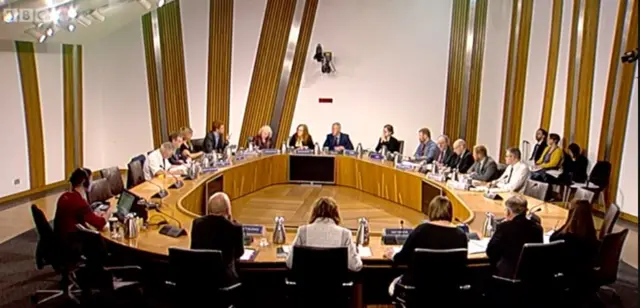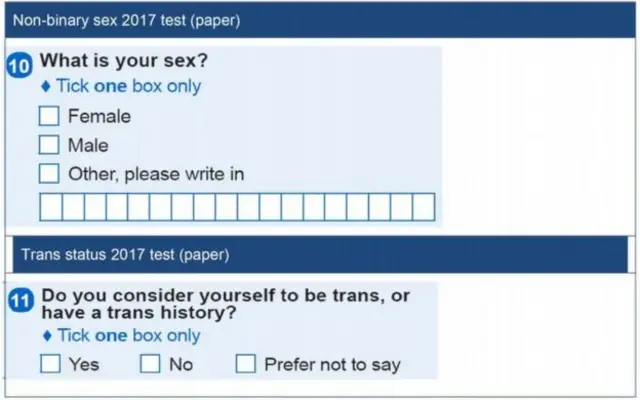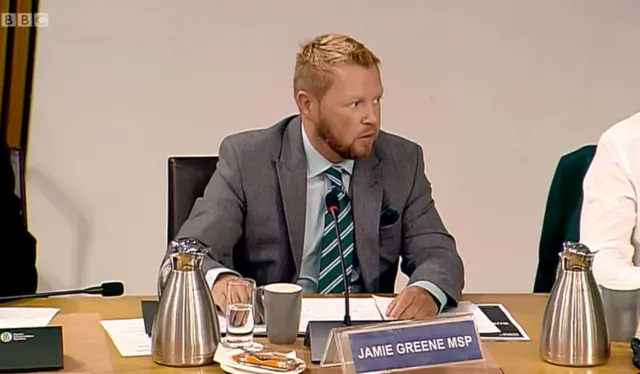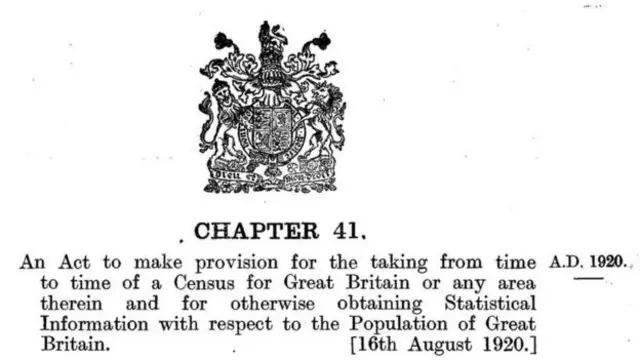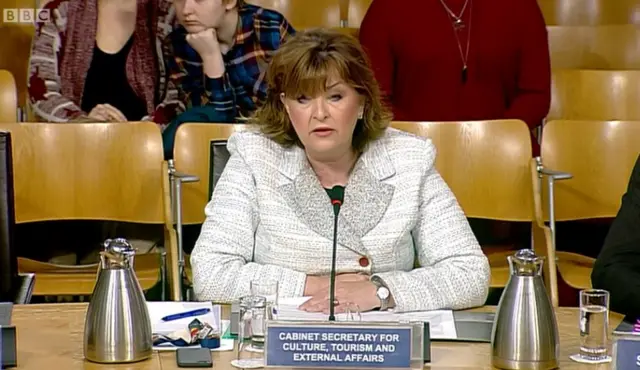Background: BBC signs deal with Screen Scotlandpublished at 10:18 BST 2 May 2019
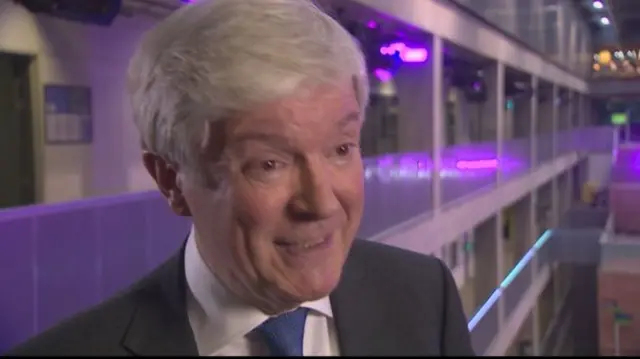 Image source, bbc
Image source, bbcThe BBC's Director General announced the deal at the launch of the BBC Scotland TV channel
In February we reported that the BBC would back the creation of more dramas, comedies and factual content in Scotland as part of a new deal.
It had signed an agreement with Screen Scotland to create more programmes for UK and international audiences.
The move meant the BBC would commit to delivering three dramas, three comedies and three "high-impact" factual series from Scotland every year.
Director General Tony Hall announced the deal at the official launch of the BBC Scotland TV channel.
